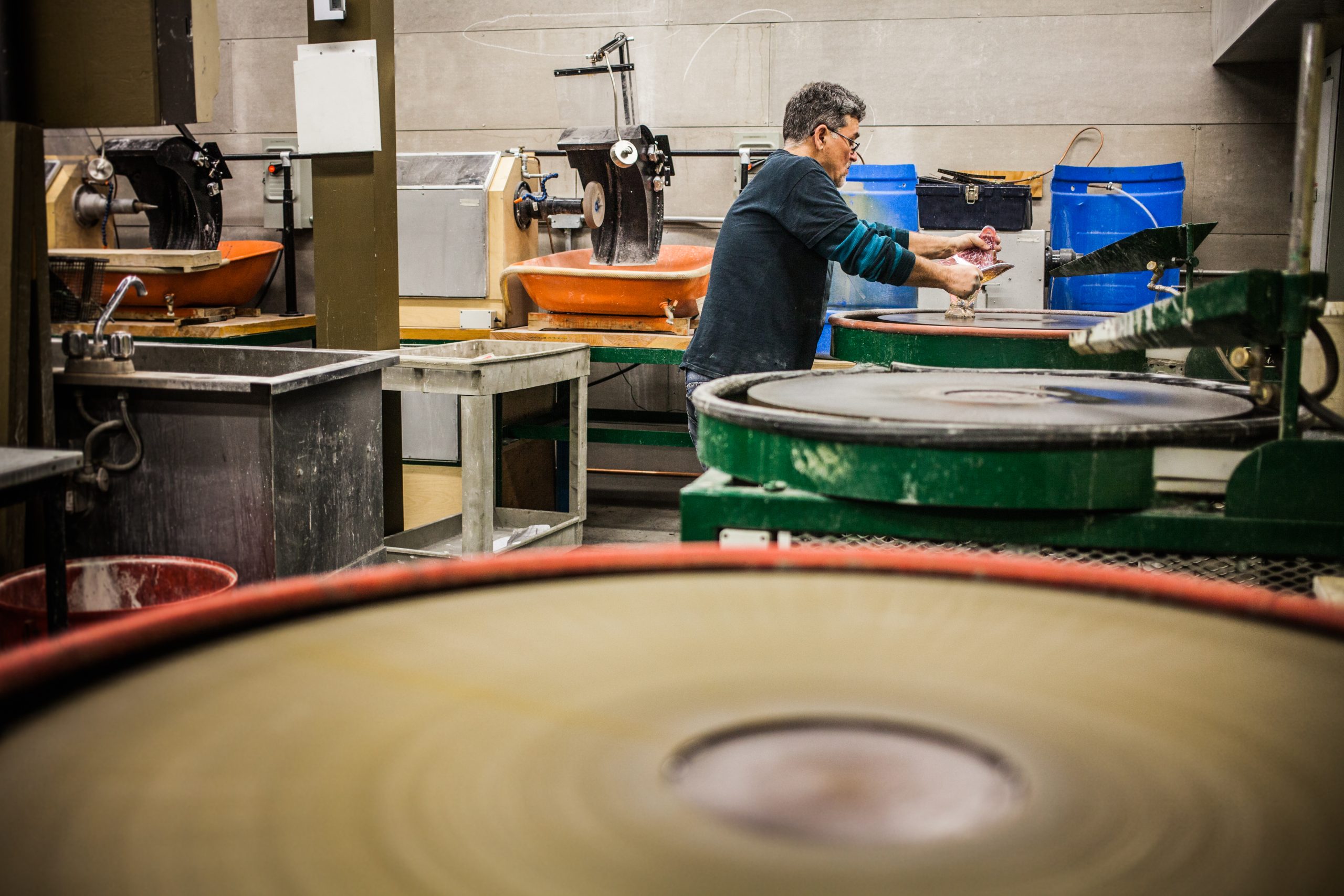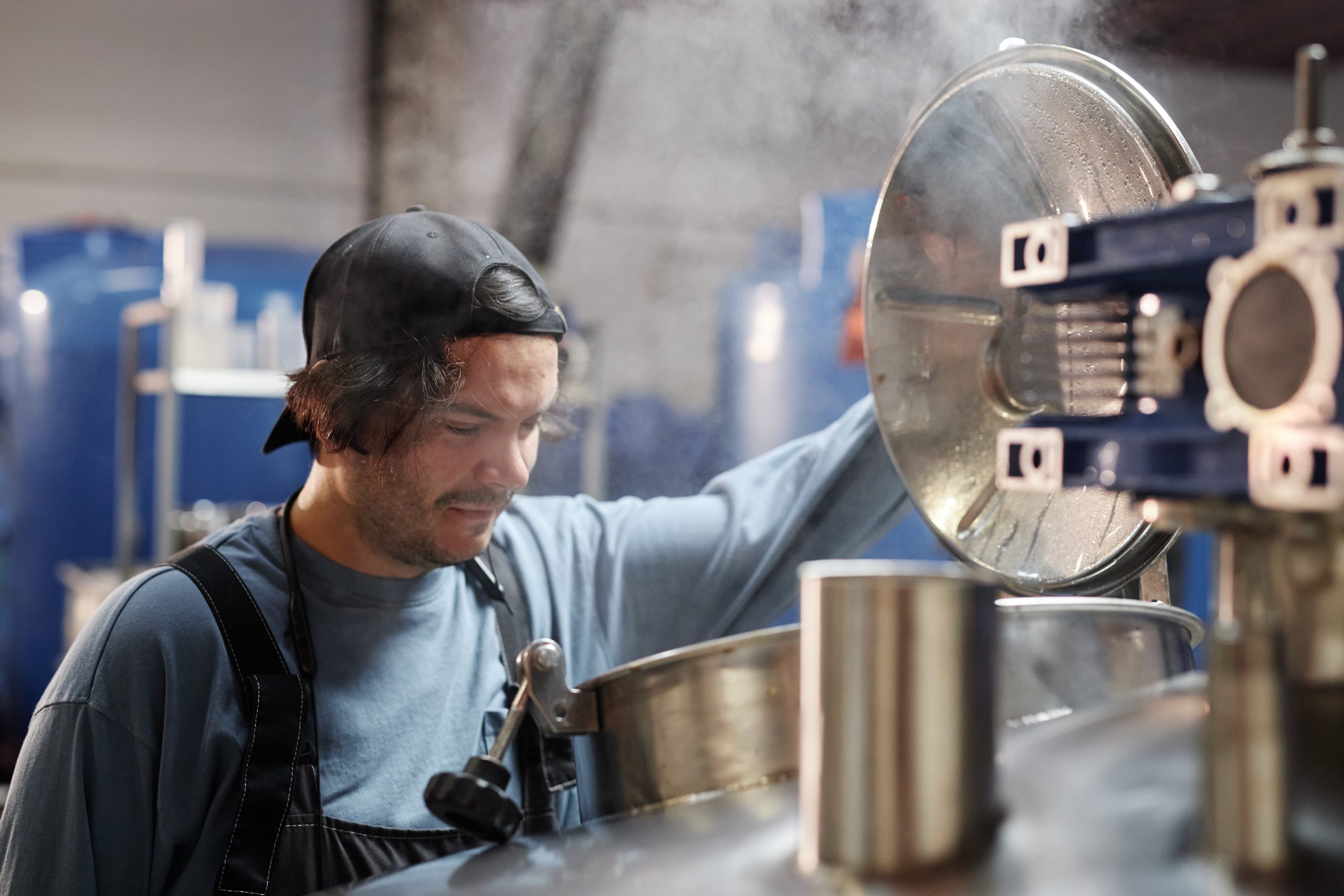Energy efficiency plays a crucial role in sustainable metal spinning. With the increasing emphasis on reducing carbon footprint, manufacturers strive to optimize their energy consumption throughout the production cycle.
One approach to achieving energy efficiency is through the implementation of advanced machinery and equipment. High-performance electric motors, for instance, provide superior energy utilisation compared to their conventional counterparts, resulting in reduced energy wastage.
Additionally, the adoption of energy-efficient process controls, such as variable speed drives, further enhances energy sustainability in metal spinning. These control systems enable manufacturers to adjust rotational speeds based on specific requirements, minimising energy consumption without compromising productivity.
Furthermore, another key aspect of enhancing energy efficiency in metal spinning processes is the integration of smart monitoring and control systems. These systems utilise sensors and data analytics to monitor energy usage in real-time, allowing for immediate adjustments to optimize energy consumption. By continuously analysing and fine-tuning energy usage, manufacturers can achieve significant reductions in energy wastage and costs.
Moreover, the implementation of energy recovery systems in metal spinning facilities can contribute to overall energy efficiency. These systems capture and reuse excess energy generated during the spinning process, such as heat or kinetic energy, to power other equipment or processes within the facility. By harnessing this otherwise wasted energy, manufacturers can further reduce their environmental impact and operational costs. Read about ‘The role of metal spinning in the renewable sector’.

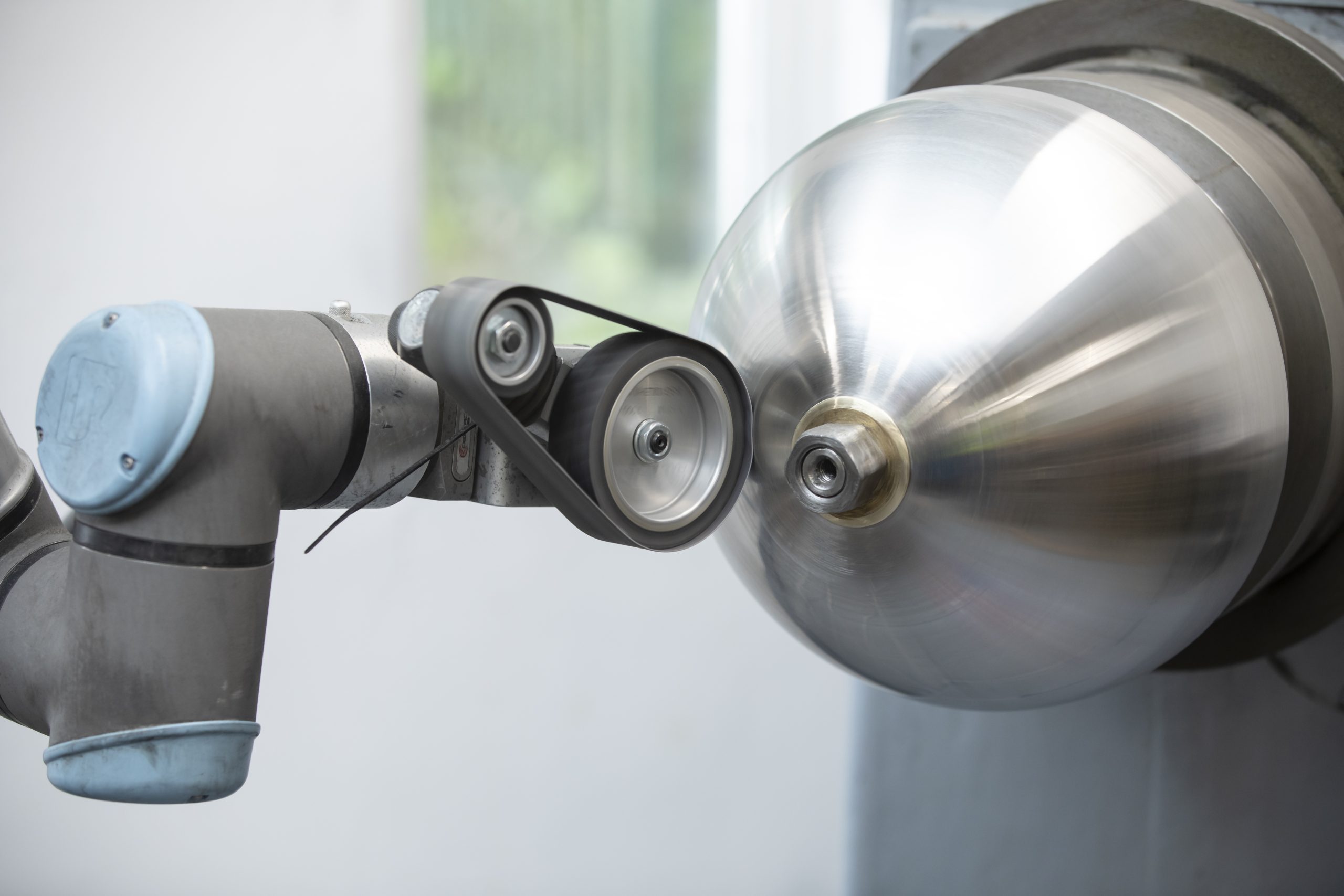 Metal Spinning
Metal Spinning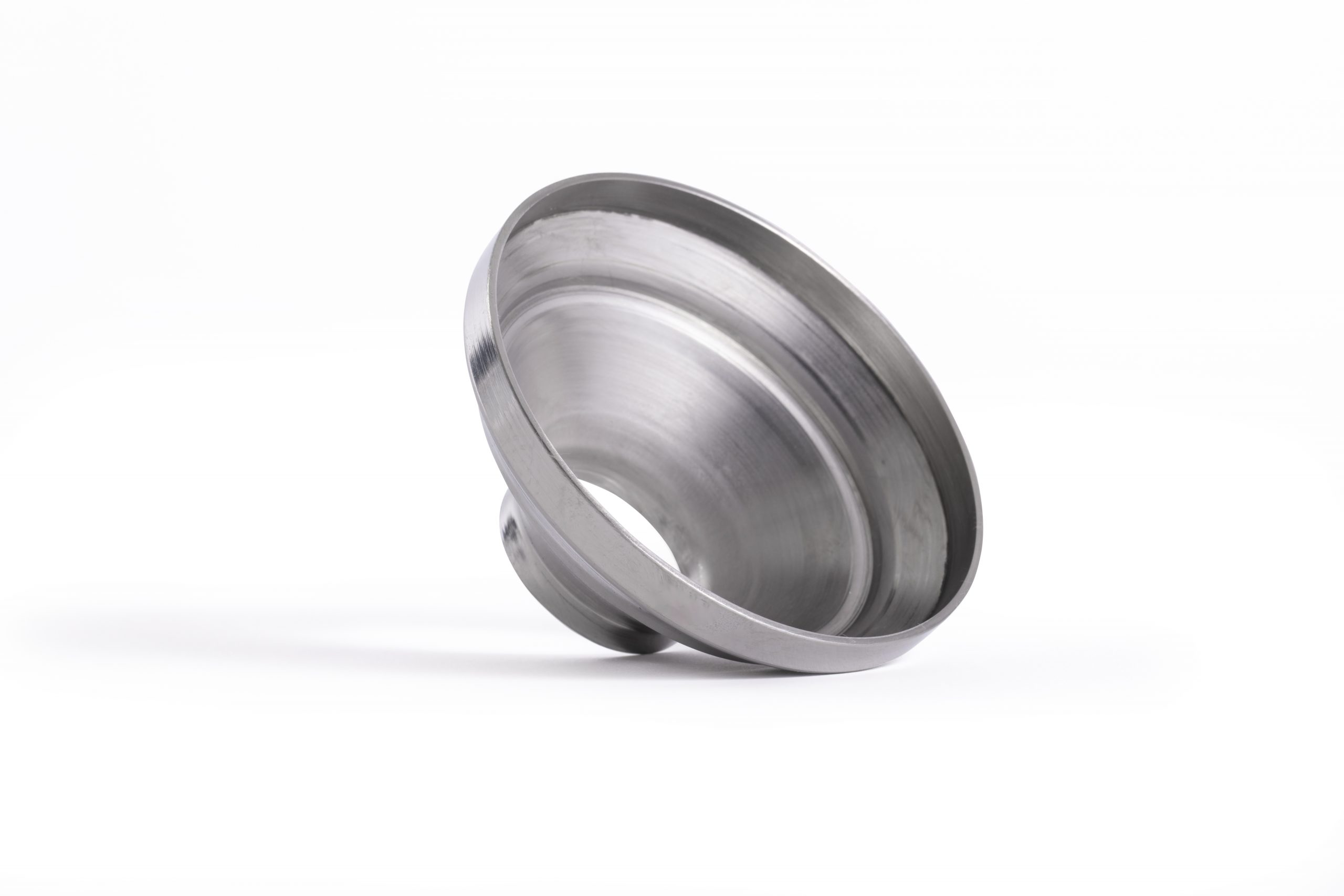 Bespoke Metal Spinning
Bespoke Metal Spinning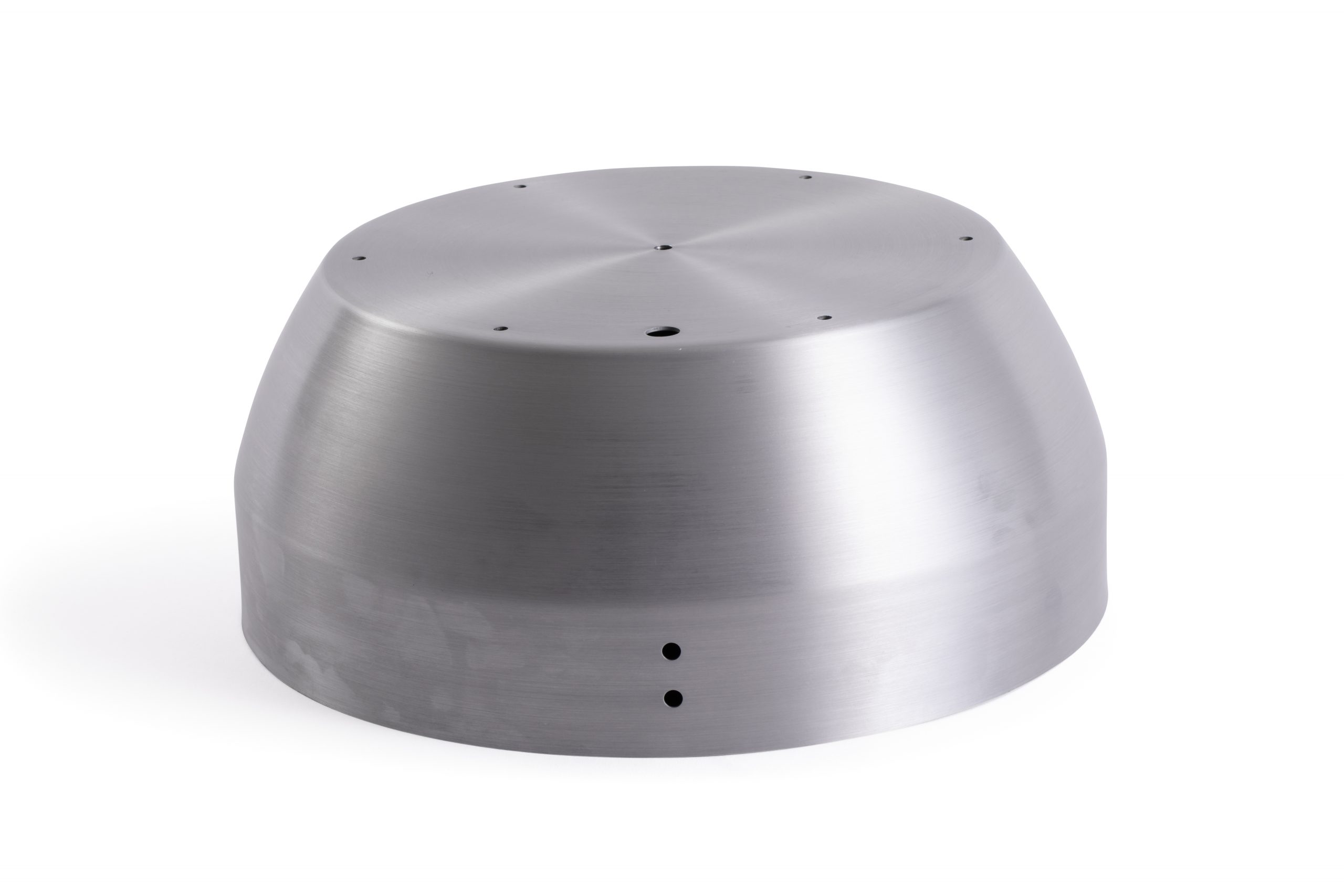 Metal Polishing
Metal Polishing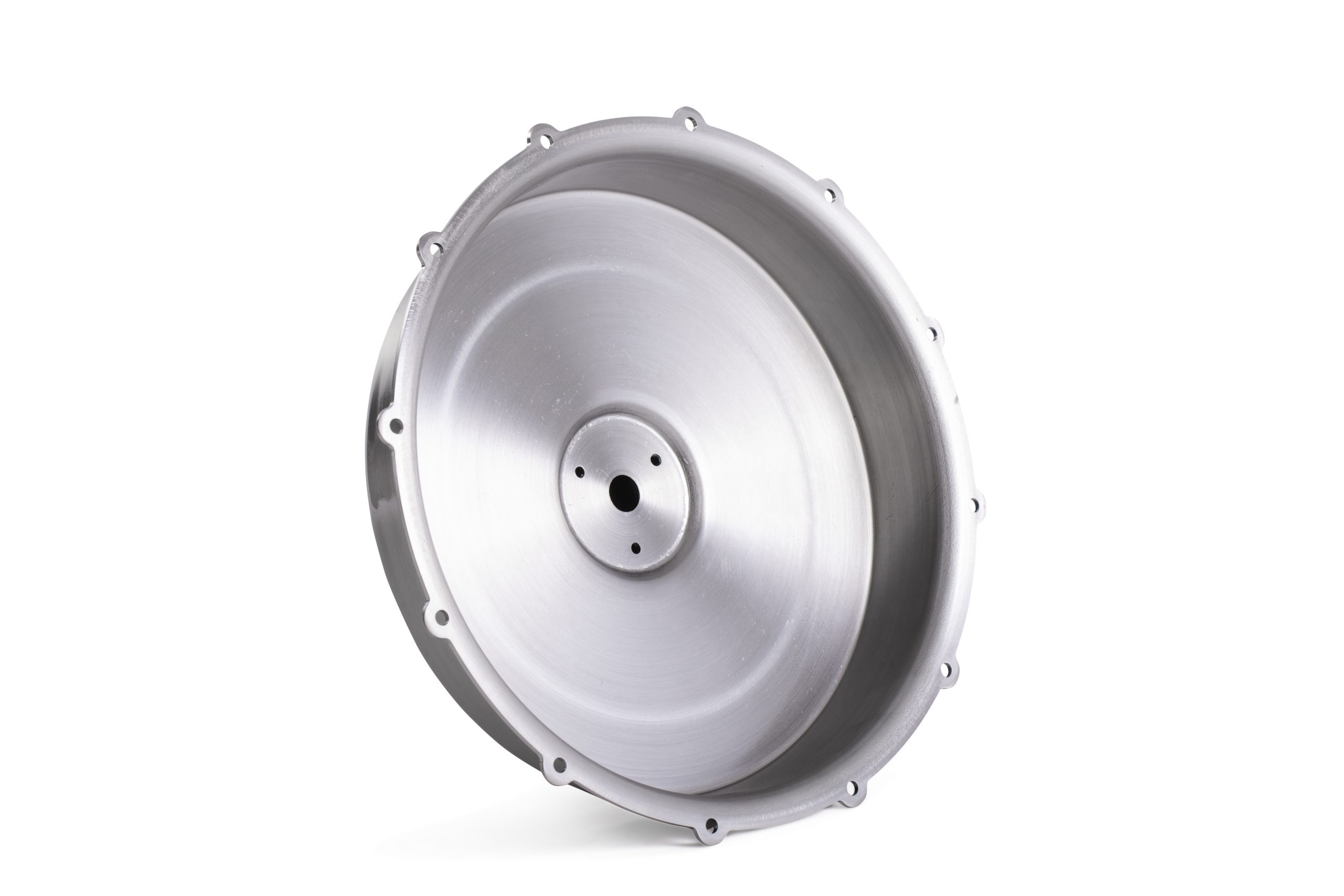 Machining
Machining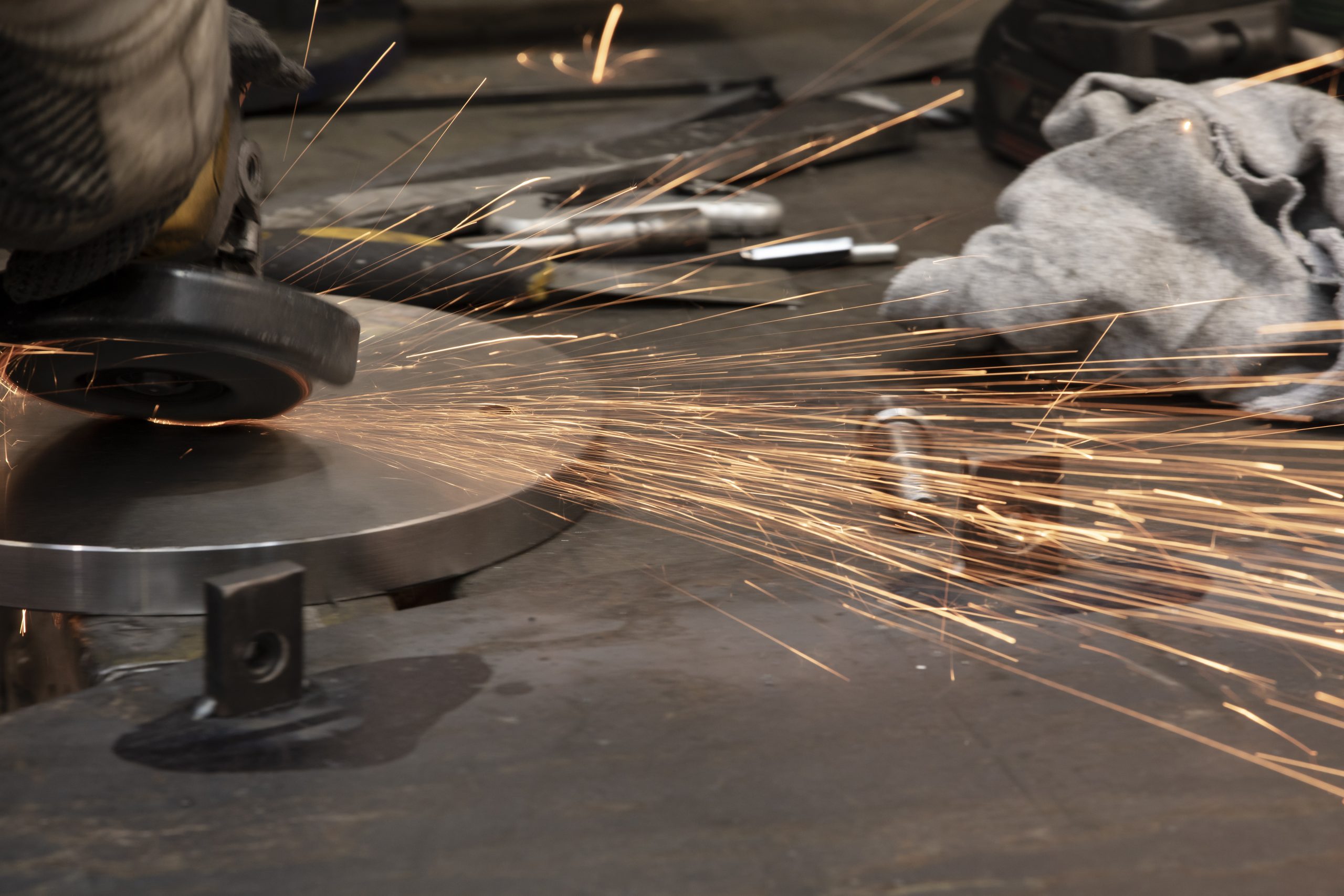 Metal Pressing
Metal Pressing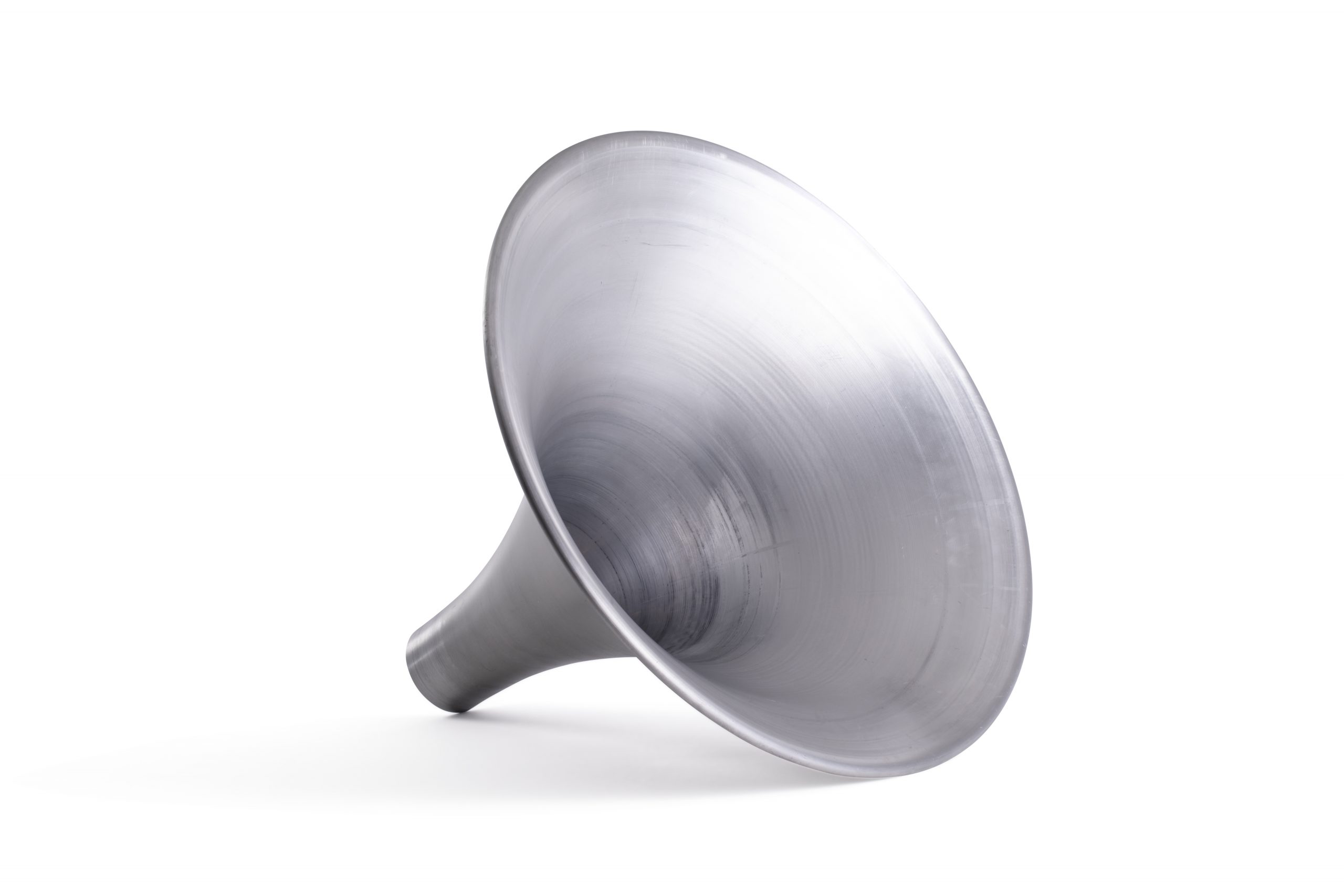 Metal Swaging
Metal Swaging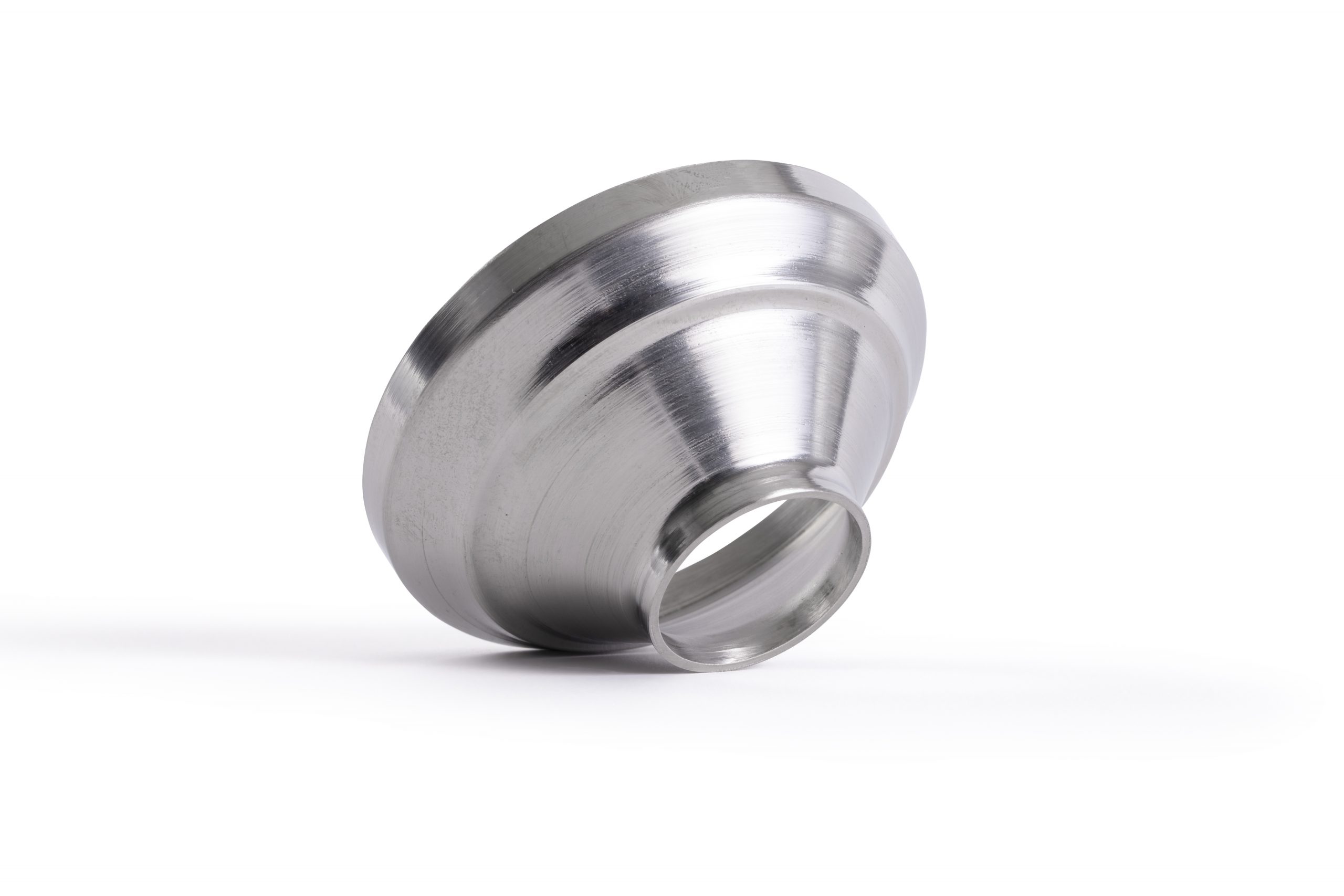 Metal Fabrication & Welding
Metal Fabrication & Welding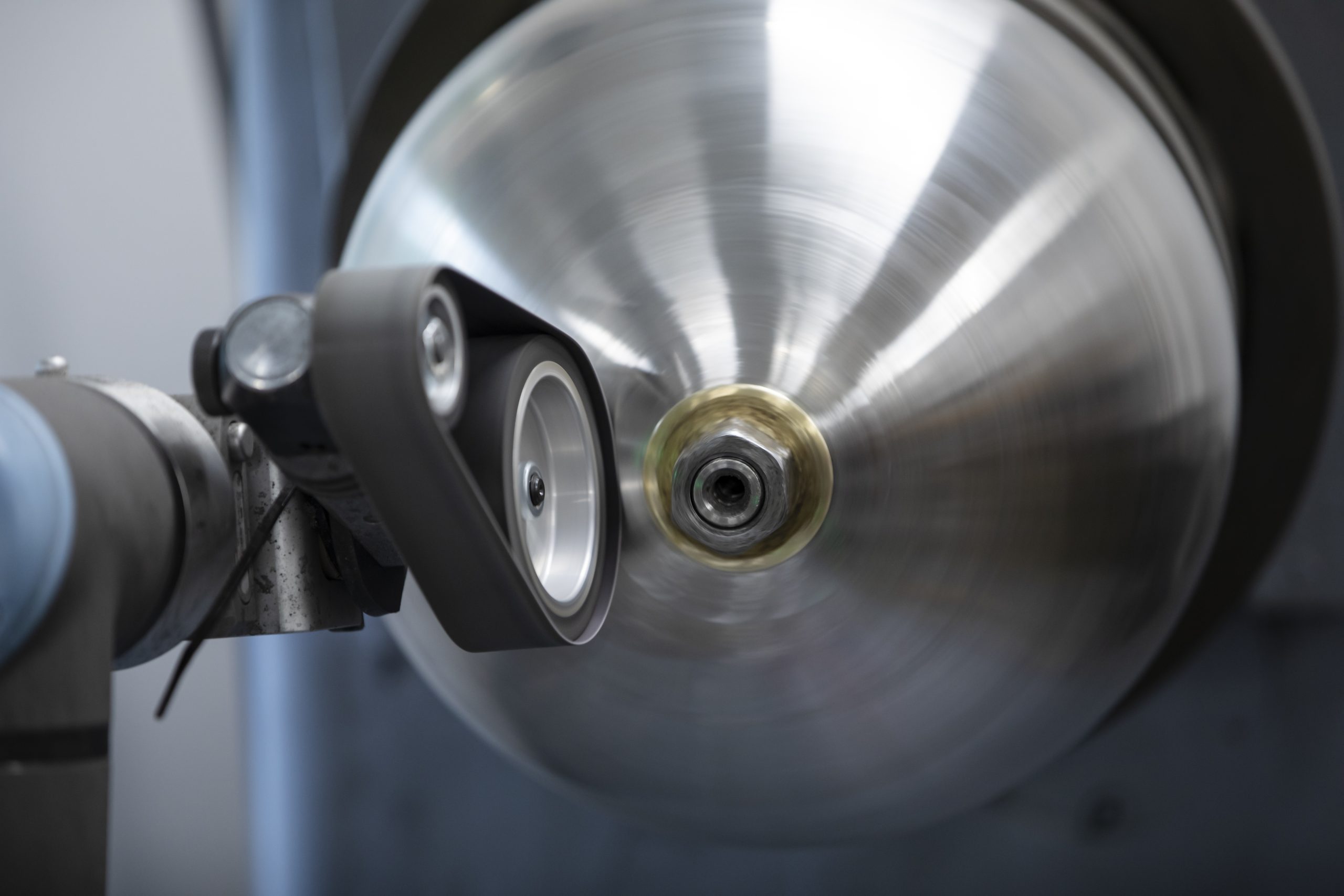 Precision Engineering
Precision Engineering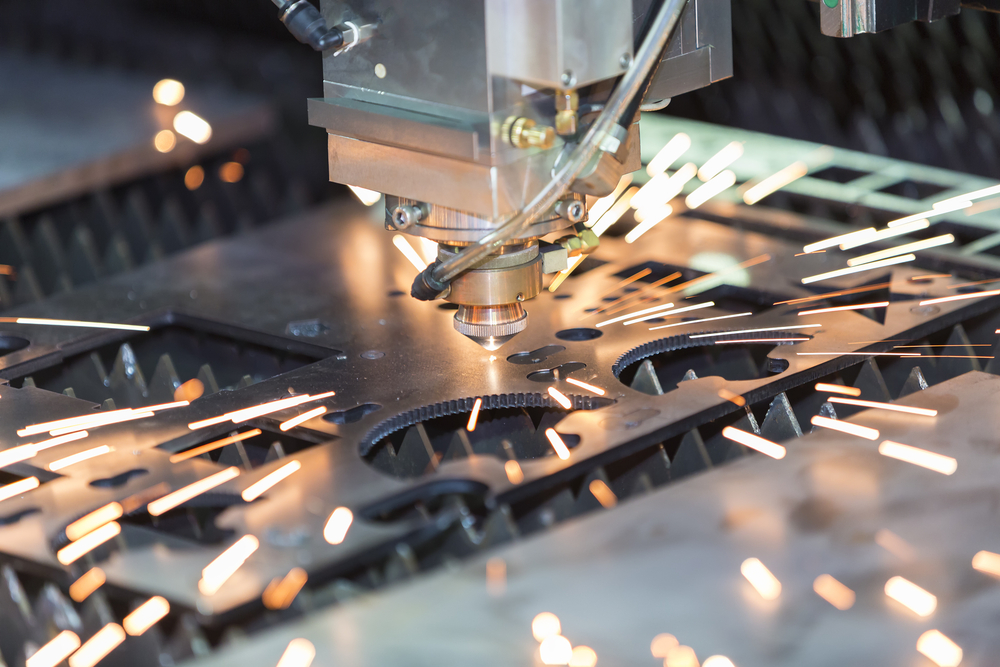 Laser Cutting
Laser Cutting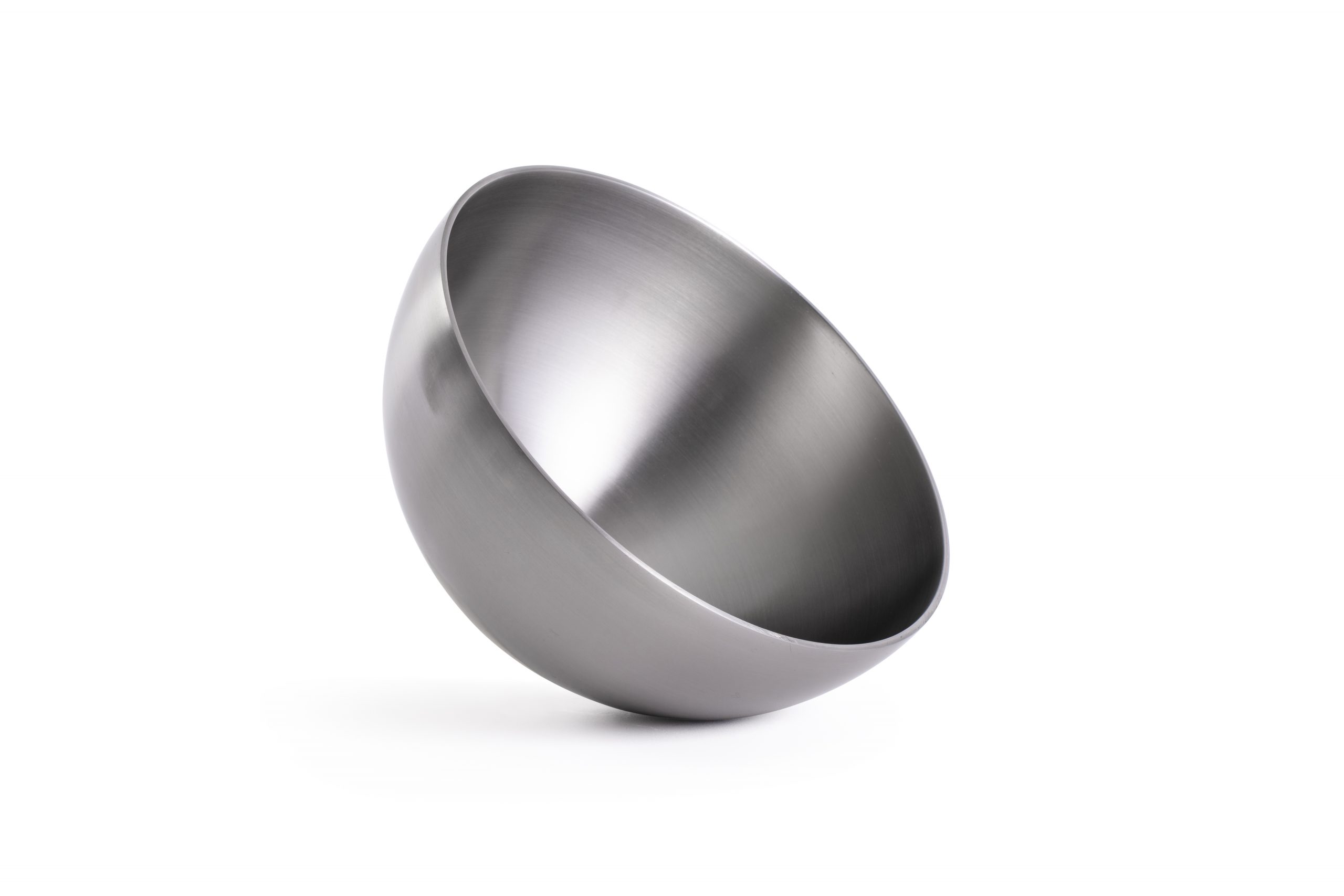 Inspection and Quality
Inspection and Quality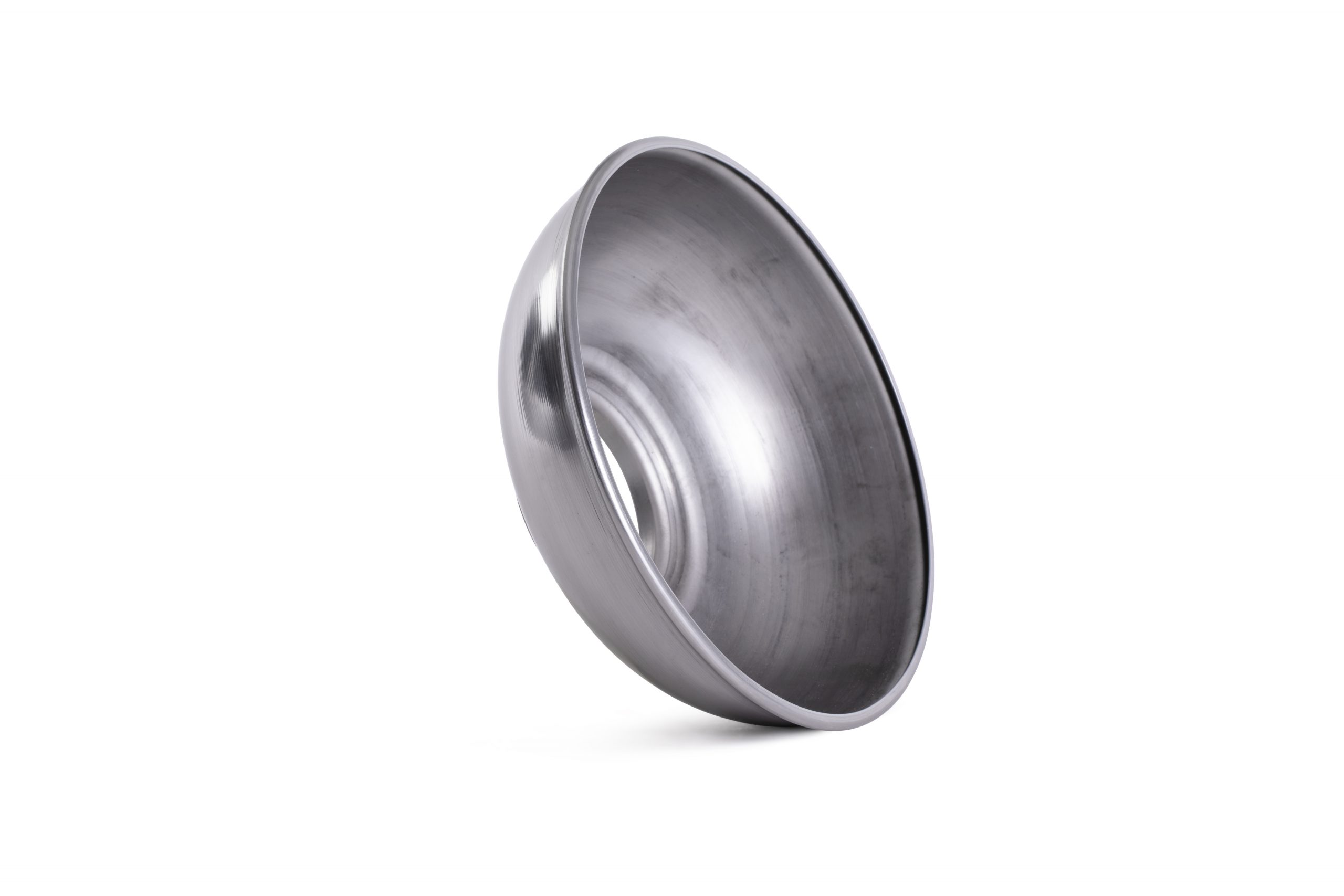 Anodising, Electropolishing and Pickling & Passivating
Anodising, Electropolishing and Pickling & Passivating Agriculture
Agriculture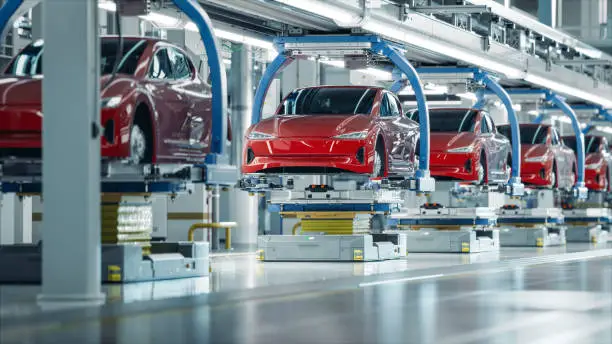 Automotive
Automotive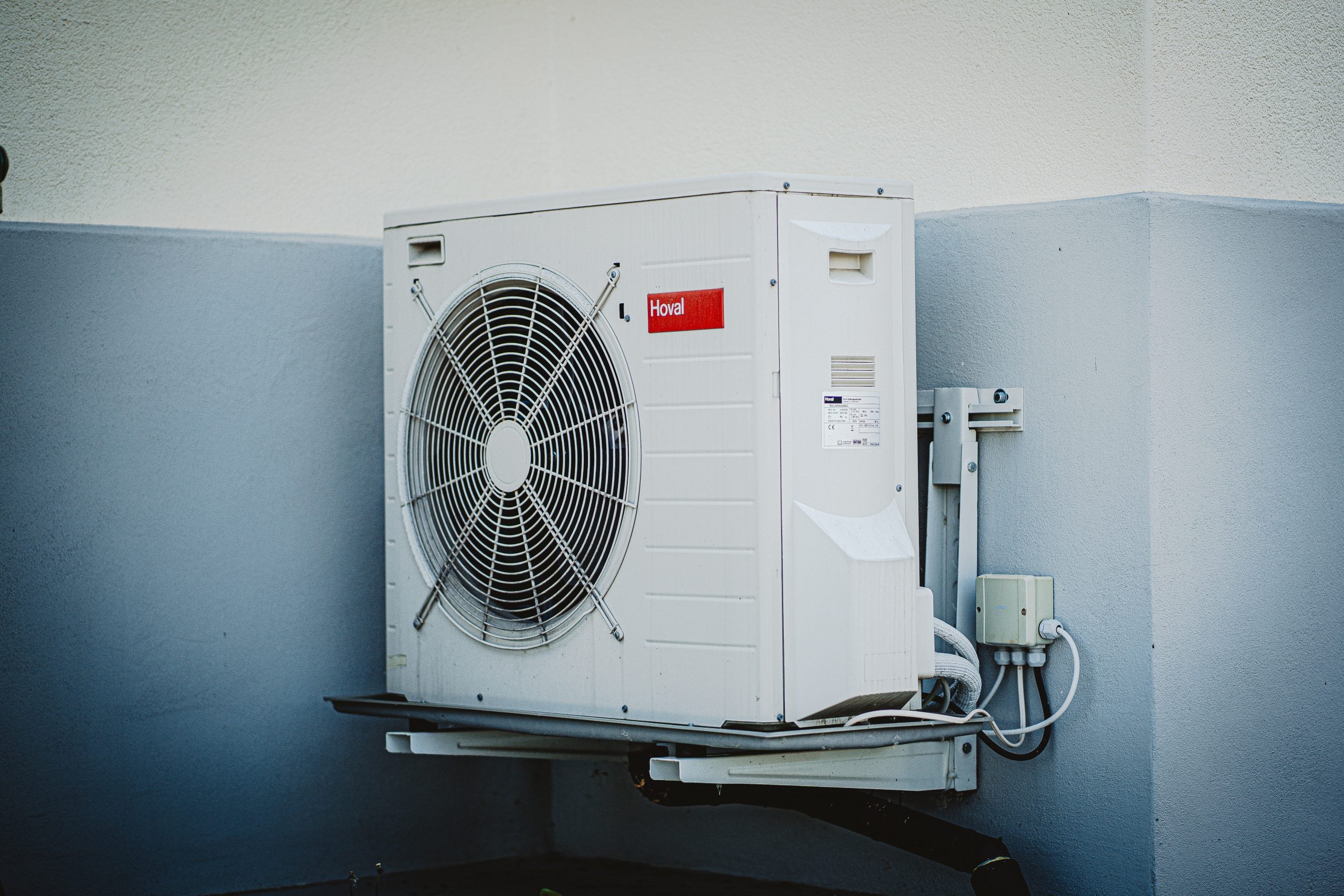 Air Movement
Air Movement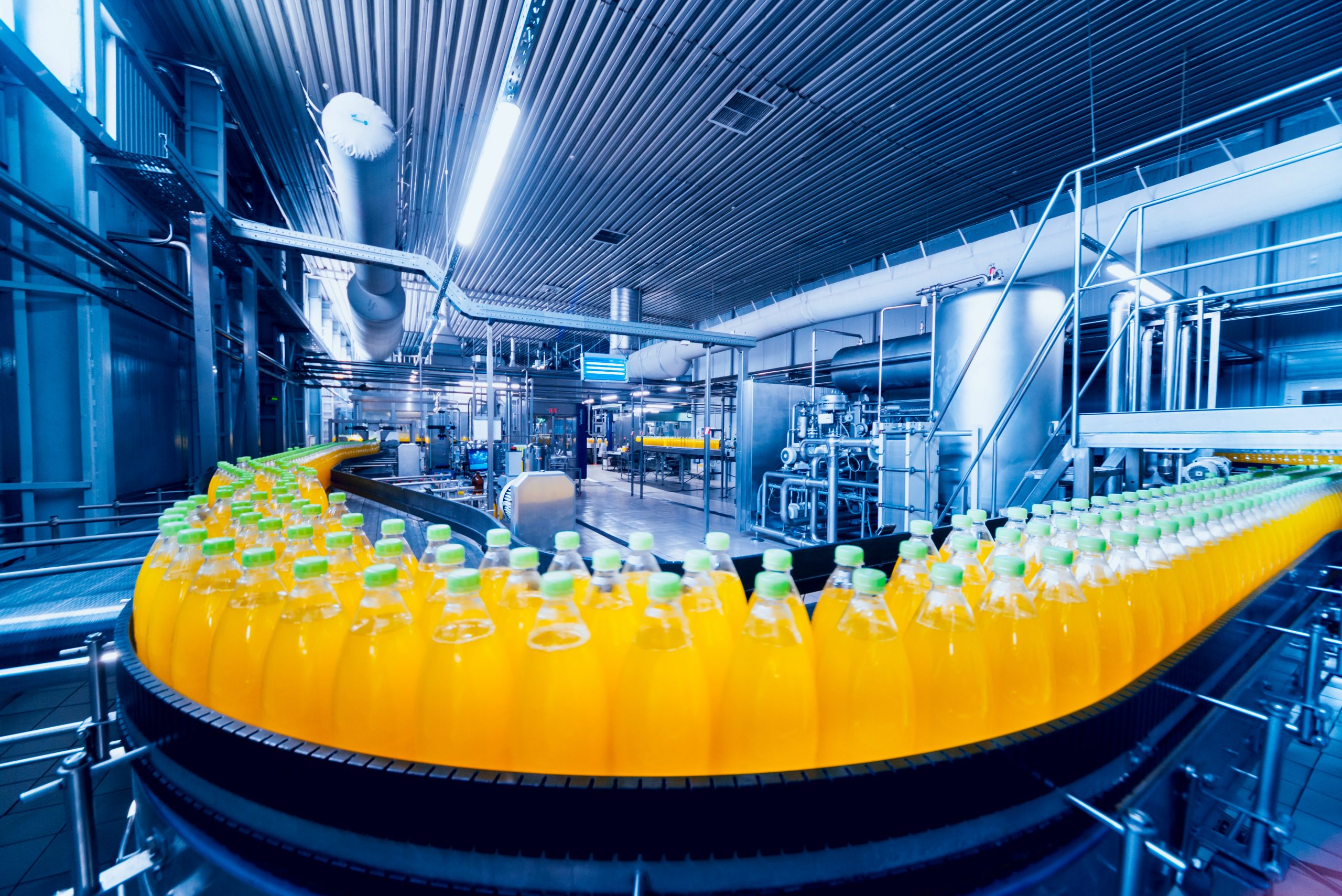 Food Industry
Food Industry Marine
Marine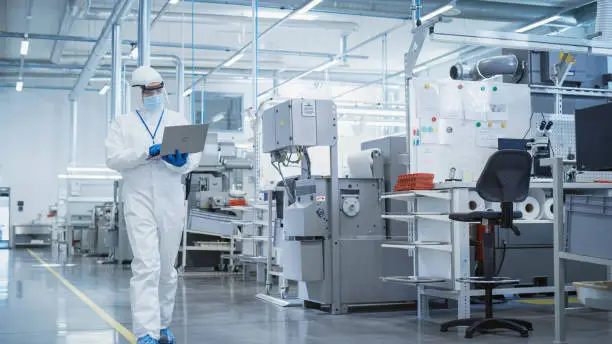 Medical and Cryogenic
Medical and Cryogenic Playground
Playground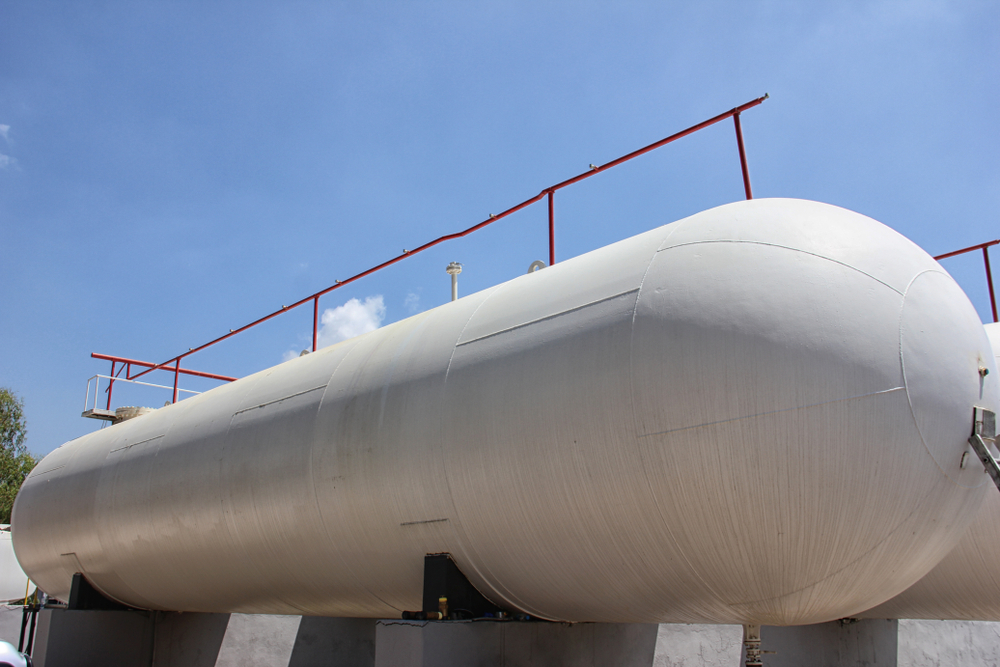 Pressure Vessels
Pressure Vessels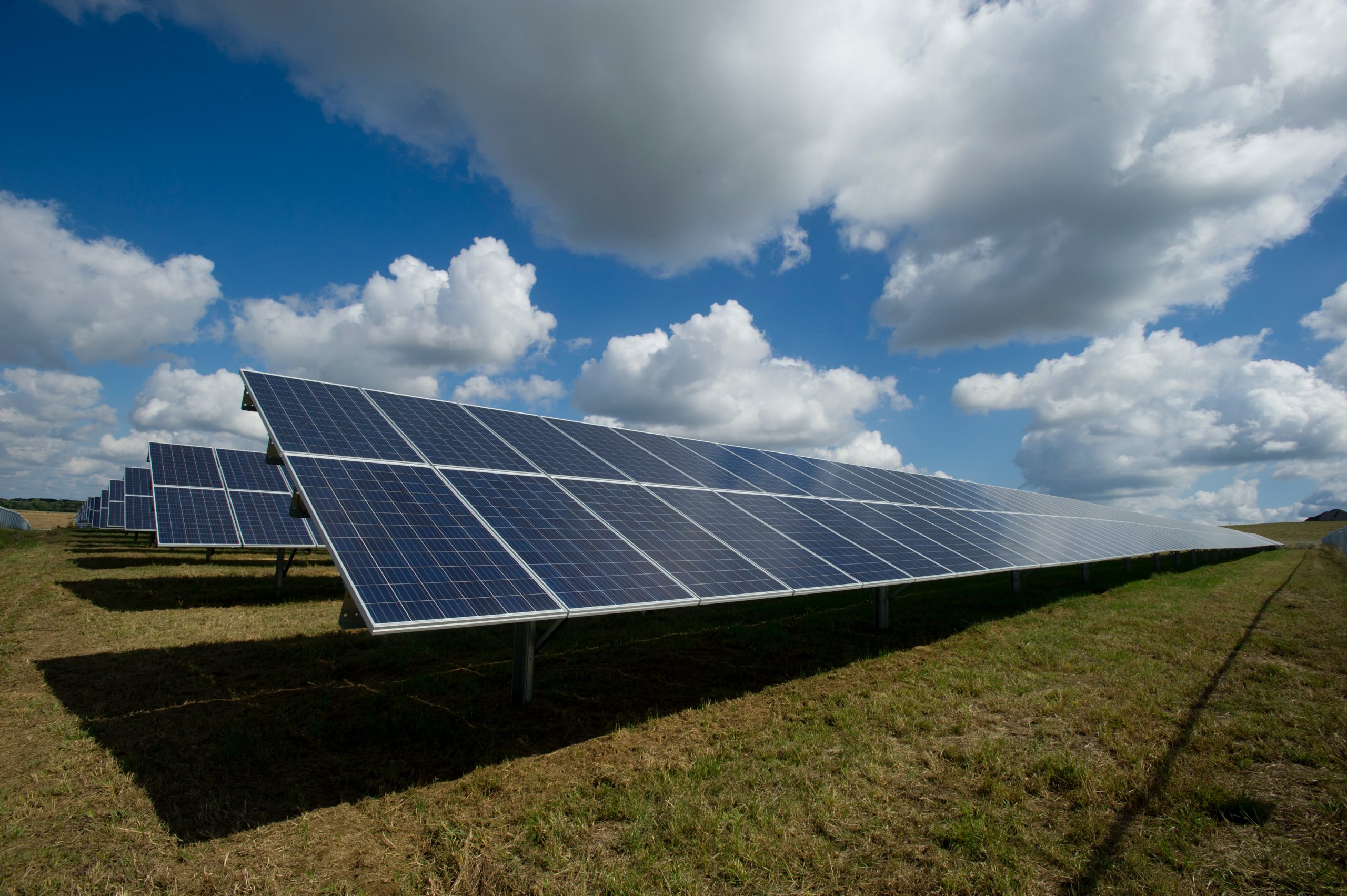 Renewable Energy
Renewable Energy Safety
Safety

